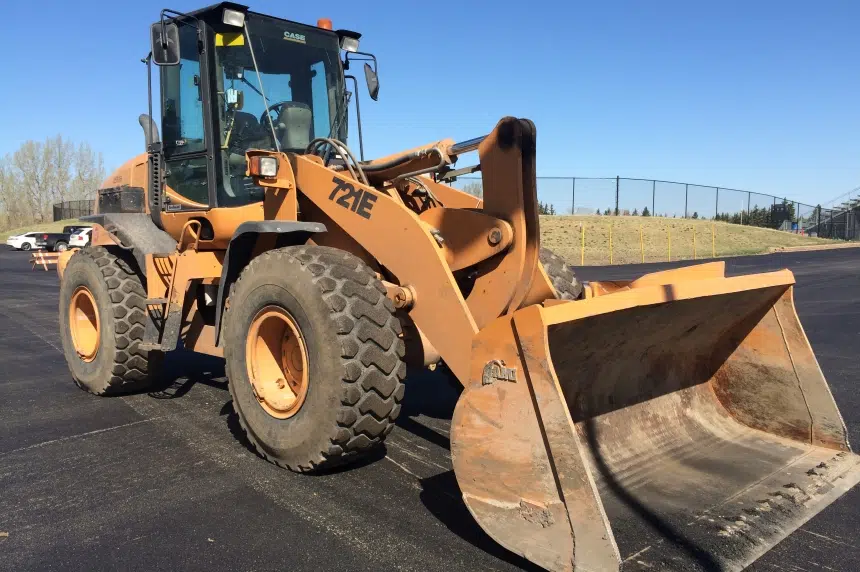The Saskatchewan Heavy Construction Association (SHCA) has been collecting N-95 masks from its members and giving them to the Saskatchewan Health Authority.
President Shantel Lipp said the health authority came calling last week, worried about a potential shortage and seeing if the association’s members had a supply of the equipment.
The industry group relayed the call to members and, on the first day, collected about 1,300 masks.
“Our guys do this kind of thing all the time. They’re big supporters of charities (and) local community associations … It’s just built in them to respond in this way. So it didn’t surprise us at all with the number that we got,” Lipp said.
“These guys are looking after our most vulnerable and we have to make sure that they’re protected.”
In her sector, the N-95 masks would be used by those working in dusty environments. Lipp was surprised to get the SHA’s call, not knowing the masks would have applications in health care.
Hundreds more have been acquired. Donations are still being taken in Regina and Saskatoon.
Lipp is urging people to donate equipment that might be useful to health-care workers at two locations, at 1840 Ontario St. in Saskatoon and at 1939 Elphinstone St. in Regina.
Ready to go
While most sectors of the economy are shutting down, construction has been deemed an essential service by the province.
Lipp said materials were ordered last year, and she’s hoping it will be business as usual once construction season starts in the next few weeks.
“Right now everybody is doing what everybody else is doing and taking the proper precautions, working from home, self-isolating, keeping respectable distances from one another,” she said.
Speaking on the Greg Morgan Morning Show on Thursday, Regina Mayor Michael Fougere said the city intends to proceed with projects as planned.
“As of the moment, we plan to do construction … So we will be doing things like Maple Leaf Pool, we will be building that. We’re doing road construction,” he said.
“People expect to see that and we need to get the work done.”
However, there will be changes on job sites.
“Our guys will follow proper safety protocols. They’ll ensure their equipment is wiped down, they’re staying proper distances away from each other (and) we’ll have appropriate hand-washing and sanitizing stations,” Lipp said.
“We’re going to do the best we can to keep our employees safe, and the people in the communities they’ll be working in.”







